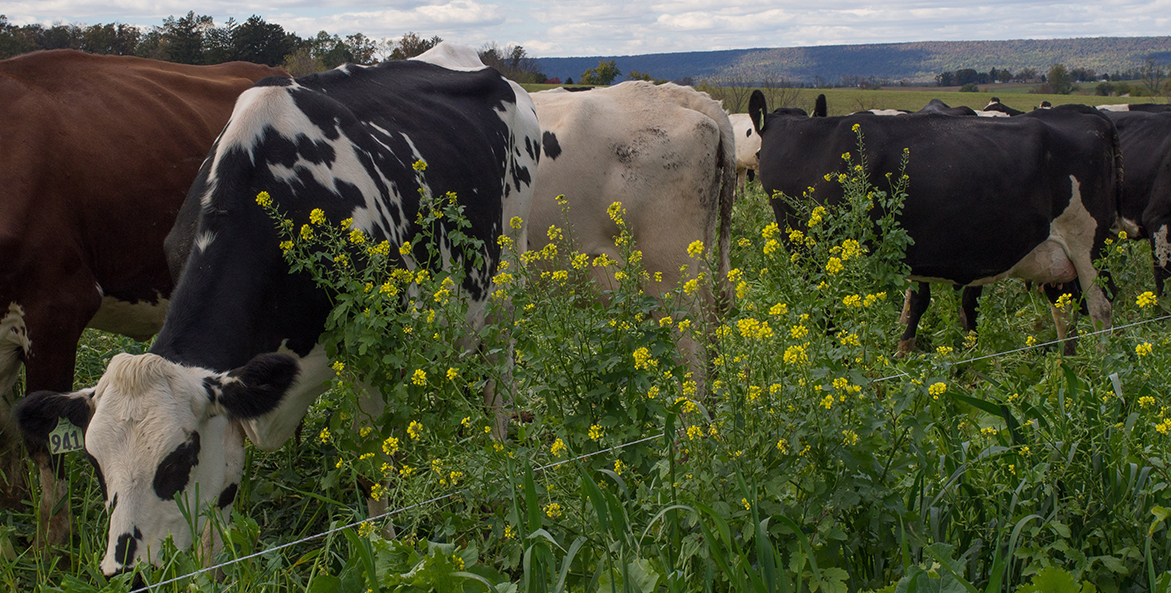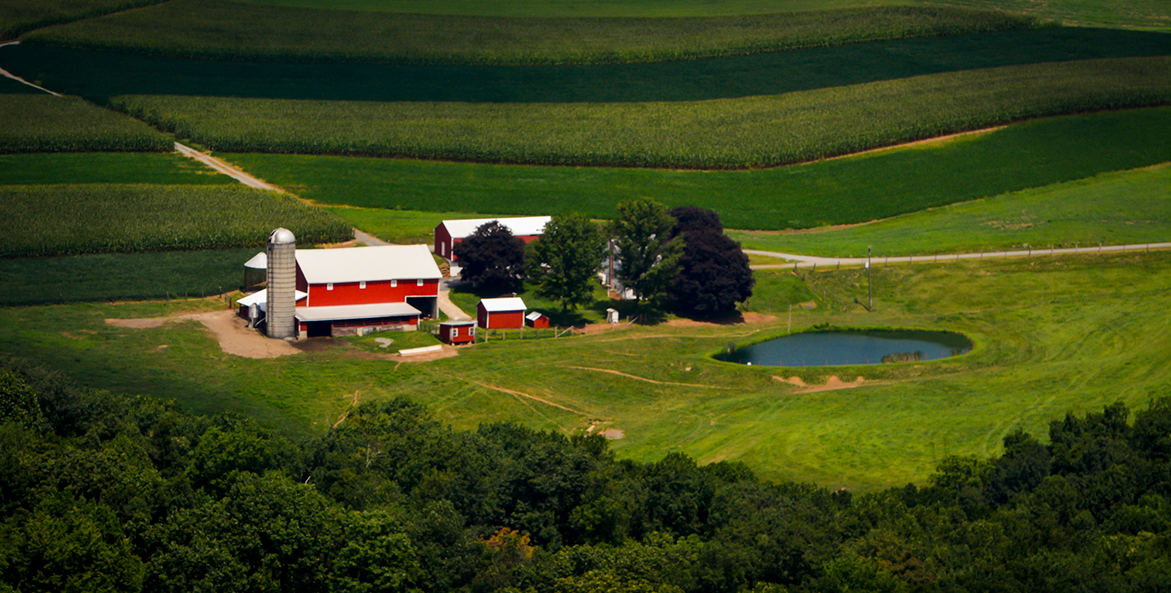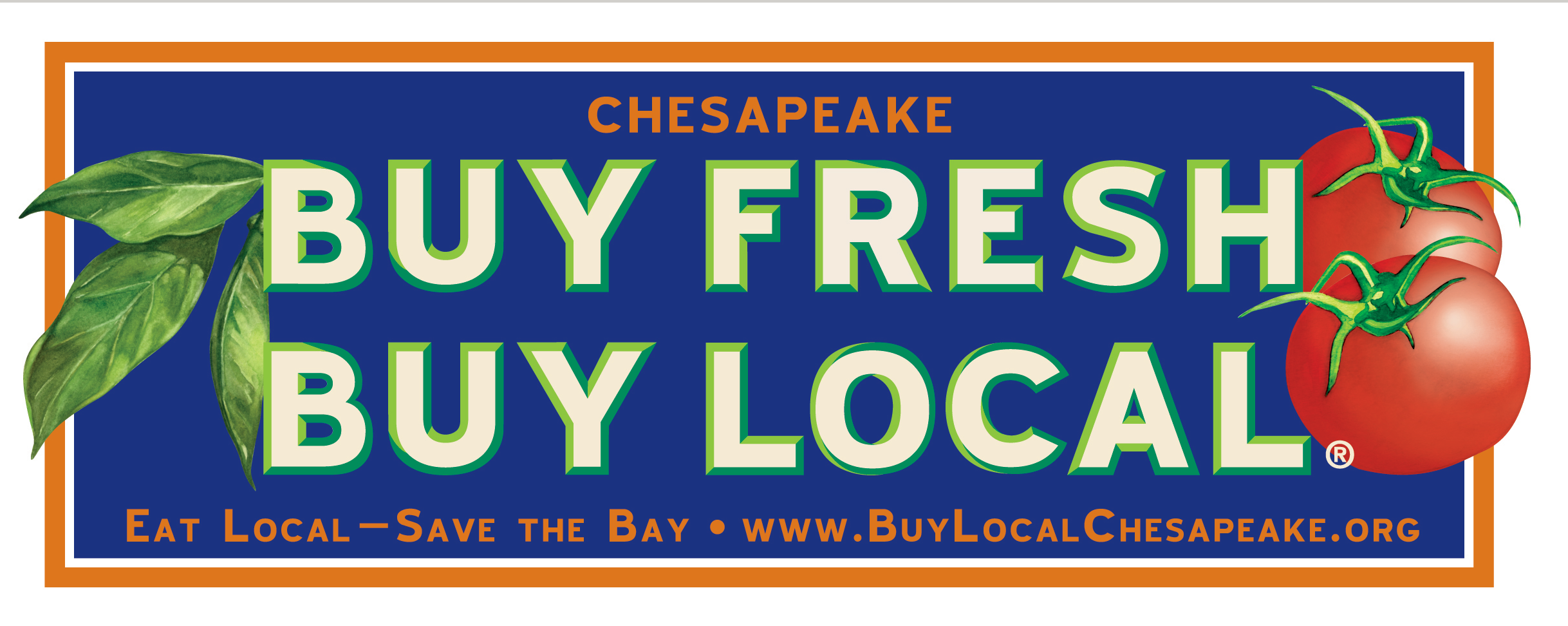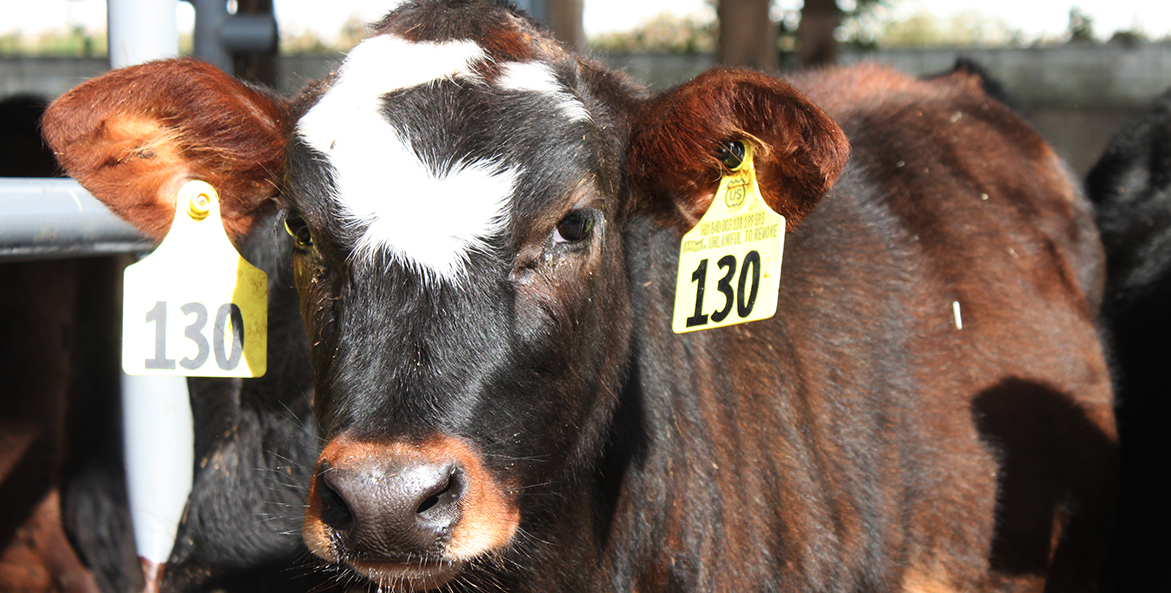Farms cover approximately one-third of the Chesapeake Bay watershed, an area of land second only to forests, making the implementation of conservation measures on farmland critical for achieving restoration goals. This month, we look at some of the farmers leading the way—a dairy farm in Pennsylvania, a vegetable and poultry farm in western Maryland, one of the last Black-owned farms in Virginia's Clarke County, and a cattle farm in the Shenandoah Valley—and explore regenerative agriculture practices that not only improve water quality, but soil health and our ability to fight climate change, too. Find out how the Biden administration can work with farmers to implement these practices on a broader scale, and check out our latest Around the Bay in 60 Seconds video for news off the farm (including updates on legislative budgets and some great oyster milestones). Finally, if you're looking for a way to learn more and support local farmers, we have ideas for movie night.
VIDEO: Standing for the Land
Morgan's Last Standing farm is among the last Black-owned farms in Clarke County, Virginia. The Morgan family worked with CBF to install a rotational grazing system, leading to a more productive farm, healthier soil, and cleaner waterways. It's part of the family's calling to take care of the land across generations.

Dairy cows grazing at Blue Mountain View Farm near Annville, Pennsylvania.
Kelly O'Neill
Small Farms, Big Impact
From a dairy farm in Pennsylvania, to a vegetable and poultry farm in western Maryland and a cattle farm in Virginia's Shenandoah Valley, these farmers share why they worked with CBF to implement rotational grazing systems, and other regenerative agriculture practices, that build soil health, protect water quality, and benefit the climate.
VIDEO: How Does a Bay-Friendly Farm Work?
CBF's Clagett Farm in Upper Marlboro, Maryland operates as a real-world example of a farm that is both environmentally friendly and economically viable. Join Farm Manager Michael Heller as he describes how the farm has embraced rotational grazing and other regenerative agriculture methods to sequester carbon, reduce water runoff, and raise grass-fed livestock.

The boots on the ground—the farmers and the conservation community—are leading the way. Legislators need to invest in them.
John Pavoncello/York Dispatch
How Biden Can Partner With Farmers
Family farms are a vibrant part of the Chesapeake Bay region's history, culture, and economy. They are also essential partners in the restoration effort. Here's how the Biden administration can work with farmers to implement the conservation practices necessary to ensure clean water in the Bay and its rivers and streams.
VIDEO: Around the Bay in 60 Seconds
Critical clean water investments, oyster milestones, and so much more—February was another busy month for Bay saving. Watch the latest Around the Bay in 60 Seconds video to get all the news to know around the watershed in a mere minute.

Lovin' Local Food
Farming is a labor of love, and regenerative farming practices are key for reducing pollution and showing our love for the Bay. For Valentine's Day, we asked CBF's agriculture experts from across the watershed to share their favorite farm films and local foods to enjoy on your next night in.
What You Can Do
- Help support local farmers with the Buy Fresh, Buy Local Chesapeake guide (and local farmed oysters, too).
- With state legislative sessions in full swing, keep an eye on our Action Center for important advocacy actions you can do for clean water.
- Help us continue to bring the Bay and its rivers to you at home each month. Donate today!



